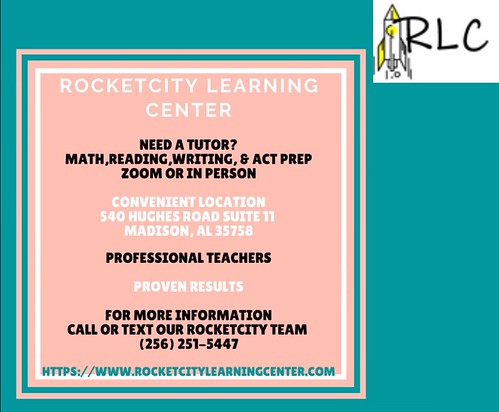 Online 1-On-1 SAT Specialists education is becoming more popular, and practically every student, regardless of major, will be required to take a freshman English course. I’ve been teaching online for three years and have discovered that virtually all of my writing/composition students could improve their grades if they used the following strategies:
Online 1-On-1 SAT Specialists education is becoming more popular, and practically every student, regardless of major, will be required to take a freshman English course. I’ve been teaching online for three years and have discovered that virtually all of my writing/composition students could improve their grades if they used the following strategies:
ONE
Make use of the writing centre at your university or college.
The greatest strategy to increase your writing grade is to go to the writing centre. Many of my online students waste time struggling with their writing when assistance is just a mouse click away. Students usually do not have to pay for writing centre services. I’ve noticed that frequent users of the writing centre boost their grades quickly. This is not surprising. Writing instructors frequently staff the centre, and they enjoy assisting students in writing clearly and accurately. The middle stall is well-equipped to assist both novice and advanced writers. Writing centres have been found to assist hesitant students in selecting a topic and more advanced writers in improving their thesis statement. Strong students aren’t afraid to ask for help, and they don’t let their lack of confidence in their writing prevent them from getting assistance when they need it.
TWO
Make a weekly contribution to the class conversation.
The majority of my students are unaware of how critical it is to participate in class discussions on a regular basis. Unfortunately, some students have failed because they did not participate in class discussions. The class discussion provides an opportunity for students to seek assistance from one another. Almost every class I’ve ever taught includes a few standout students who enjoy assisting other students. These students frequently deliver the same curriculum as I did in a more tangible way, allowing other students to grasp subjects much more easily.
THREE
Make sure your class discussion posts are error-free.
The majority of students are unaware of the significance of well-organized class discussion posts. These posts should be concise, straightforward, and well-written. Proofread all of your conversation entries to avoid making unnecessary mistakes. It may be important to read the message aloud at times to catch faults and ensure that your response is clear. At all costs, slang, text-speak, and IM lingo should be avoided. I usually advise students to write their comments to class discussions on Word, where they can simply perform a spell check. It’s really simple to cut and paste your response into the online classroom portal once you’ve finished writing the post.
FOUR
Make a solid thesis statement.
The thesis is the guiding force of your essay and the core of a well-written essay or paper. It’s a single declarative sentence that makes a powerful, generalised statement. Some students believe that simply asking and answering a question is sufficient. While using a question to brainstorm your thesis statement may be beneficial, keep in mind that a question cannot be a thesis statement.
A thesis offers a viewpoint, which may or may not be contentious. For example, you might believe that electric cars are less expensive than gasoline-powered vehicles. Because the sentence takes a stand that not everyone will agree with, the paper should be built around establishing your thesis statement is correct. Your paper will go in the right path if you have a compelling thesis statement. Almost every professor will look for a well-crafted thesis statement.
FIVE
Follow the assignment’s minimum word or page count.
Many students fall short of the word count and are stumped as to how to lengthen their papers. When the minimum word or page count is not met, significant points are lost. Adding examples to your article is one method to lengthen it. You may, for example, discuss particular ways in which electric cars are less expensive. You may point out that the bumpers on electric vehicles are constructed of a low-cost alloy material. Another strategy to lengthen your paper is to go further into your opponent’s argument. You might cite some research that disagrees with your thesis statement and explain how the opposing view errs. Finally, you may cite some of your study and expand on it.
